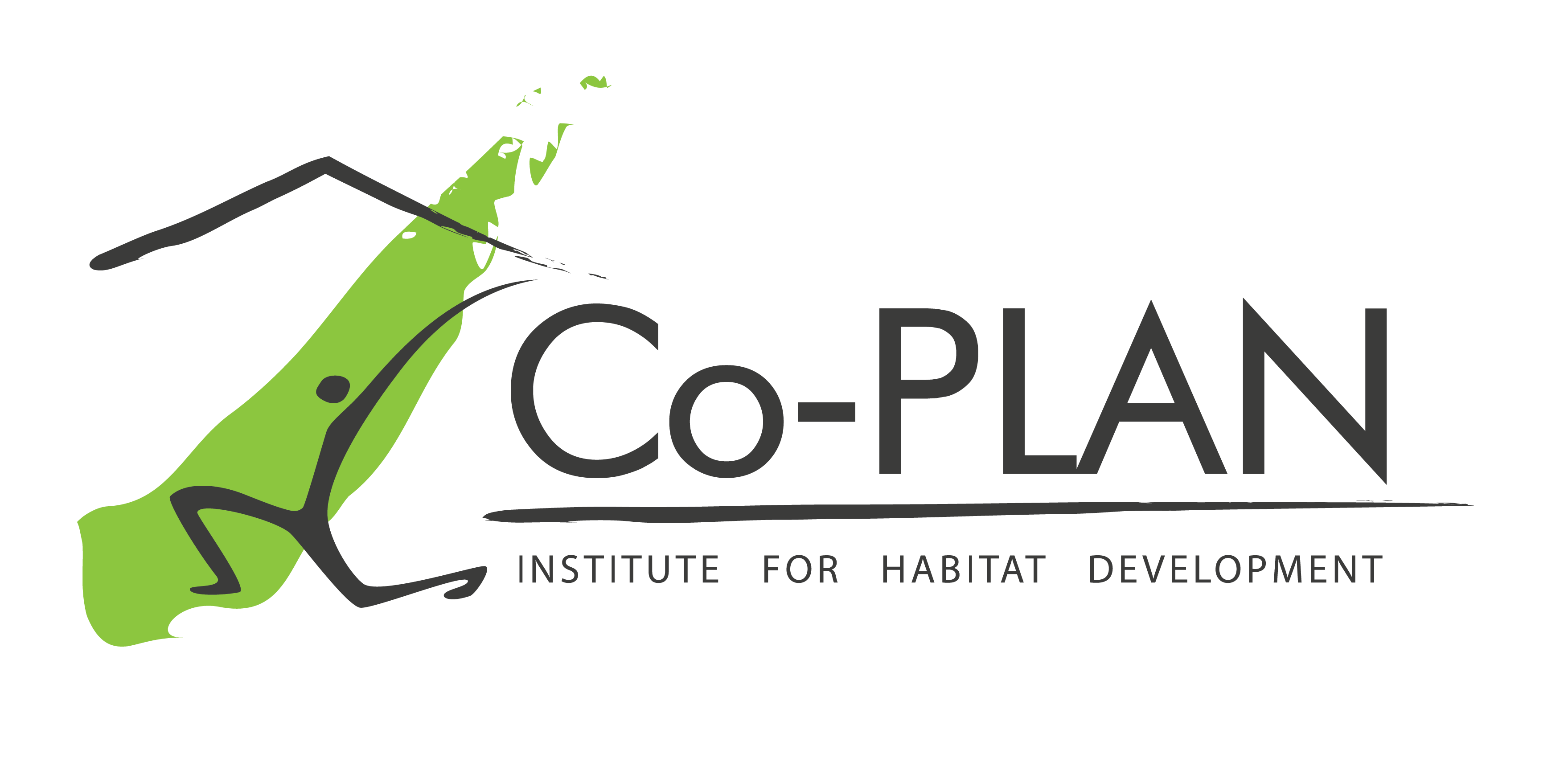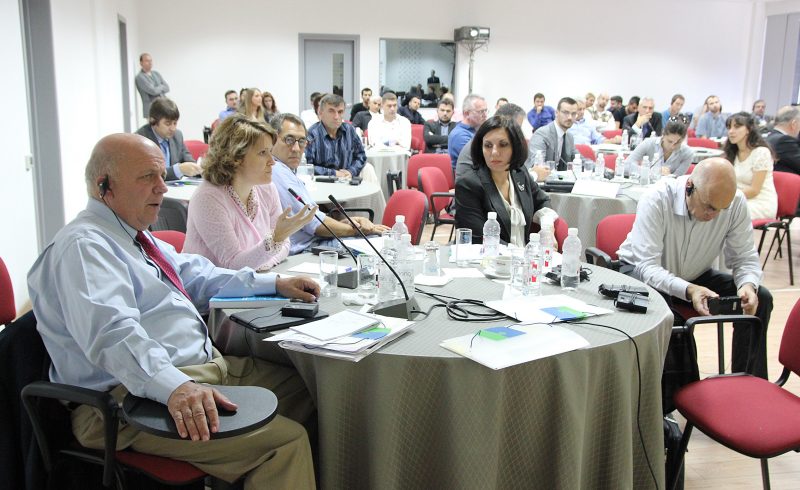By working closely with stakeholders and generating knowledge useful to public institutions and communities, Co-PLAN has developed and adopted a number of governance tools. Such instruments have been rigorously developed by assembling knowledge of local contexts and on this basis modifying good governance methodologies for operationalization in the Albanian context. Apart from genuine participatory and bottom-up approaches to problem solving, Co-PLAN has dedicated substantial efforts to research that generates the necessary know-how for the proper implementation of development initiatives. Initially, Co-PLAN’s research initiatives aimed at assessing needs and designing planning instruments and projects informed by local concerns. In a second stage, complementary research activities were undertaken in order to produce more comprehensive knowledge of local urban settings and inform important municipal decision-making processes.
Programmatic research studies conducted by Co-PLAN in the field of spatial planning, municipal finances, land development, waste management, natural resources, renewable energy and governance have in the last 10 years contributed to local and national policy-making processes. Co-PLAN has influenced policy decisions such as the integration of informal settlements, the territorial-administrative reform, the territorial planning reform, the municipal finances reform, the regionalization of governance and regional development, and since 2010 has also authored in the preparation of the territorial planning and land development law and bylaws. Through its extensive policy research and advocacy work, Co-PLAN has contributed and is aiming at expanding its role in the formation of territorial multi-tiers governance in Albania. Public policy research, scientific research, advocacy, communication, and networking and bridging with key international and particularly EU institutions are integral to the work of Co-PLAN.
Products and Services
a) Databases, Surveys and Assessments:
- Socio-economic surveys and assessments: Co-PLAN designs and conducts socio-economic surveys since in 1995. It has continuously refined the design and quality of this product over the years, by turning it into an inherent step in each project or research initiative. Socio-economic surveys are carried out at both the area and city-wide scale;
- Business surveys: these are aiming at generating a picture of local business profiles and climate, feeding particularly local policy making and strategizing;
- Local population and housing registration: data collection culminating with the establishment of GIS databases for use in territorial planning and land administration;
- Poverty and Social Impact Assessments (PSIA): undertaken for the water sector in eight Albanian municipalities;
- Gender surveys: undertaken in the informal settlements and vulnerable communities in which Co-PLAN has worked;
- GIS platforms: For territorial planning and land development, at local and regional level;
- Surveys related to the housing industry and energy efficiency: implemented in several municipalities;
- Solid waste production and service performance surveys: as a precondition to integrated solid waste management and planning;
- National level renewable energy surveys: A GIS based survey feeding the policy document and national plan on renewable energies;
- Local and regional benchmarking surveys: the performance of municipalities in planning and land development and regional disparities and development;
- Sectorial assessments: on agriculture, transportation, at regional and national scale.
b) Policy and scientific research:
- Policy research on a number of fields and issues: regionalization and territorial reform; regional development; territorial planning and development; financial land instruments; ecosystem services; solid waste; energy efficiency; public transportation; property tax; local finance; local government performance; territorial governance; forest management; common pool resources; etc.;
- Scientific research on territorial governance, sustainable tourism development, resilience of natural resources, land value capture, taxation, common pool resource management regimes, etc.;
- Assessment of EU integration impacts from a sectorial perspective, focusing on a number of requirements that have direct territorial implications.
c) Advocacy, Communication and Policy Influencing:
- Organization of round tables, policy workshops, and conferences at regional and national level;
- Co-PLAN Gazette;
- The publication of Policymakers-Policyfollowers paper series;
- Publication of resource e-papers in web and journals;
- Annual and biannual reviews on territorial governance;
- Social Media and articles in magazines and newspapers;
Key Processes
- Research design, data-gathering, data-analysis, and publication findings in reports and papers;
- Adapting research strategies to local contexts;
- Training surveyors;
- Making use of a spectrum of research tools such as desk reviews; focus groups; geographic surveys; visual surveys; open-ended, semi-structured, and structured questionnaires; and structured interviews.
- Utilizing SPSS and GIS for data processing;
- Continuous improvement of data-gathering techniques and practices;
- Delivery of research-based policy recommendations through policy briefs, papers and platforms;
- In-depth analysis of policy issues from a scientific perspective and in academic circles;
- Dissemination of research findings through conferences, publications, journals, workshops, and the [social] media;
- Lobbying and public awareness campaigns related to policy processes;
- Networking and bridging on various levels from local to international, for policy influencing;
- Engagement in academic research, in cooperation with POLIS University;
- Periodic revision of the research strategies and policy agenda of the organization.
Below is a list with key publications for this entity:
- Policymakers or Policyfollowers: Alternatives on Urban Development, Territorial and Environmental Management (2010).
- Policymakers or Policyfollowers II: Analysis and Recommendations on Territorial Governance in Albania (2012).
- The Regionalisation of Albania: The governance, administrative, and territorial reform that Albania needs on a regional level (2014).
- Designation of the Development Regions of Albania

